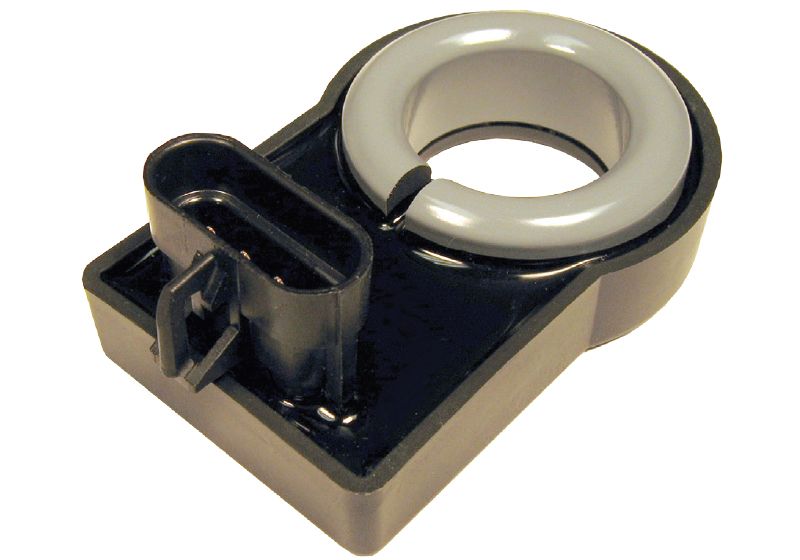DC Current Sensors For Monitoring Electrical Flow
Due to their importance, DC current sensors are vital in electrical engineering and energy management. As previously noted, the sensors mentioned are vital in measuring and tracking DC electrical systems.

DC current sensor's exceptional precision and accuracy have positioned them as crucial. DC current sensors will be investigated, including their operating principles, varied uses, and benefits.
DC Current Sensors
Designed to monitor and quantify direct current, DC current sensors were created. By replacing traditional methods, DC current sensors provide an alternative means of measuring current without disrupting circuits. Real-time monitoring is provided without compromising circuit integrity.
DC Current Sensors Work
Operating by the principle of electromagnetic induction, DC current sensors detect. Ferromagnetic cores, typically encased within a coil of wire, make up these sensors. A magnetic field is produced when direct current flows through the wire. The ferromagnetic core augments the magnetic field, enabling the sensor to detect and quantify current wirelessly.
Advantages of DC Current Sensors
- Because they provide highly accurate data, DC current sensors are the ideal solution for applications requiring precision current monitoring.
- In contrast to traditional systems that require interrupting the circuit, DC current sensors allow non-intrusive monitoring, eliminating the requirement for downtime during installation.
- These sensors give real-time information on current fluctuations, enabling quick responses to any anomalies or inconsistencies.
- DC current sensors increase safety by reducing the likelihood of electrical hazards during setup and non-contact measurement.
Applications of DC Current Sensors
There are many applications of DC current sensors in diverse industries, including improved efficiency and safety in various scenarios:
- These sensors help to ensure optimal energy distribution by monitoring transformer current levels in power distribution systems.
- DC current sensors are critical for the efficient generation and distribution of power in solar and wind energy systems.
- In electric vehicles, they oversee battery charging, motor control, and system performance
- DC current sensors are used in industrial equipment to offer information on the machine's operation and preventive maintenance.
- These sensors help to optimize energy use by regulating power consumption in communication networks.
Factors When Choosing DC Current Sensors
- Accuracy and Precision
Selecting sensors with high accuracy ensures reliable measurements, which is critical for precise control and protection mechanisms.
- Measurement Range
Choosing sensors with an appropriate measurement range prevents saturation or insufficient sensitivity for varying currents.
- Isolation Requirements
Opting for isolated sensors prevents ground loops and enhances safety in applications where electrical isolation is necessary.
- Environmental Conditions
Consider operating temperature, humidity, and other environmental factors to ensure the sensors perform consistently.
Future Trends in DC Current Sensing Technology
As technology advances, we can expect smaller, more integrated sensors with enhanced accuracy and compatibility with digital communication protocols.
Challenges in Future
Calibration Drift
Regular calibration and sensors with minimal drift characteristics prevent accuracy degradation over time.
Thermal Effects
Compensating for temperature-related effects through sensor design and calibration ensures accurate measurements across varying conditions.
Electrical Noise
Shielding and filtering techniques help mitigate the impact of electrical noise on sensor readings.
Conclusion
In the dynamic landscape of electrical engineering, DC current sensors stand as a testament to innovation and precision. Their ability to accurately measure and monitor direct currents without disrupting the circuit's integrity makes them an indispensable tool across industries.
As technology evolves, these sensors will likely play an even more significant role in shaping the future of efficient energy management and automation.
You Might Also Like: Rogowski Coil
Get Knowledge with Aim Dynamic Insights








